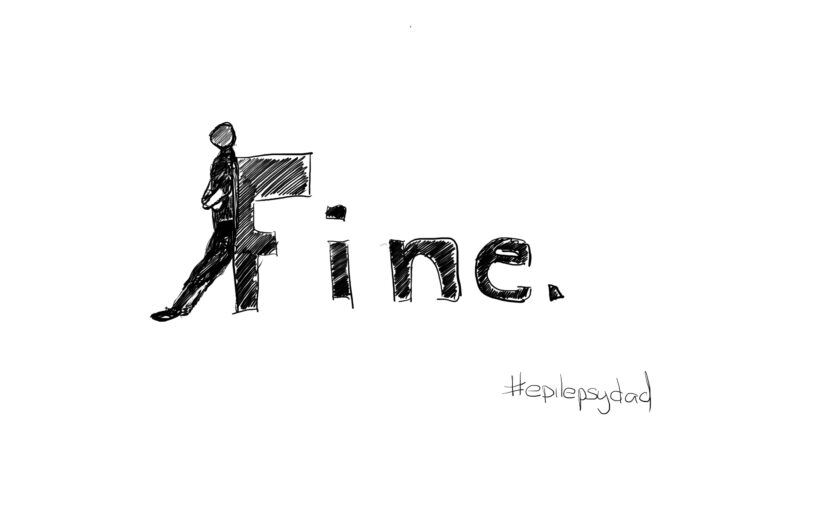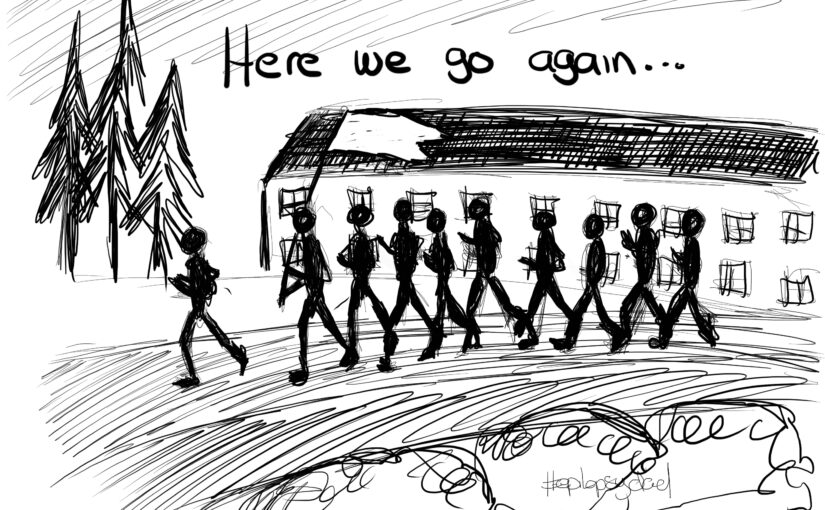I love my son’s school. I’m grateful every day for what they’ve done for him. He’s had many of the same teachers for years, and this is the first year the school expanded to 10th grade. My son is part of that first cohort, which made our first 10th-grade parent–teacher conference feel like a milestone.
When his homeroom teacher started talking, something tightened in my chest—because she wasn’t talking about grades at all. She was talking about him.
I don’t remember my mom going to conferences when I was growing up. What I do remember is bringing home my report card, as if I were handing over a verdict. Straight As weren’t celebrated—they were expected. Anything less felt like disappointment and shame, from both the people around me and myself. The focus was always on performance.
That pressure fed my perfectionism. At school, and then at work, it felt like I was constantly being graded—on every email, every meeting, every interaction. It wasn’t about getting better; it was about avoiding failure. Anything less than perfect wasn’t “something to improve next time.” It was proof that I wasn’t enough.
My son’s school feels like the opposite of that. They use grades to track progress, but grades aren’t the focus. He is.
And with the right support, he’s thriving. He’s doing math. Writing paragraphs. Learning skills we weren’t sure he’d ever be able to do until we found this place—this environment that encourages him, believes in him, and helps him believe in himself. He feels capable.
His new homeroom teacher told me how he encourages other students. How he volunteers to show them they can do it. How he asks thoughtful, timely questions on their community field trips. She said he feels like a leader.
Hearing that felt like healing something in me I didn’t even know was still hurting.
My son is proud when he gets good grades, but he’s just as proud when he gives his best effort, even if the grade isn’t perfect. He sees value in trying. I never learned that. I tied my worth to my performance. Anything less than perfect felt like failure. And letting myself be proud felt like giving up on perfection.
Watching him, I’m learning—slowly—to separate my performance from my identity. To recognize that being imperfect doesn’t make me a failure. That I can be a good, caring person even when I make mistakes. That disappointment doesn’t have to become a shame spiral reinforced by old messages from my childhood.
My son is learning what I didn’t learn until adulthood: that effort matters, growth matters, and who you are is more than any grade. And I’m learning it, too, because of him.


